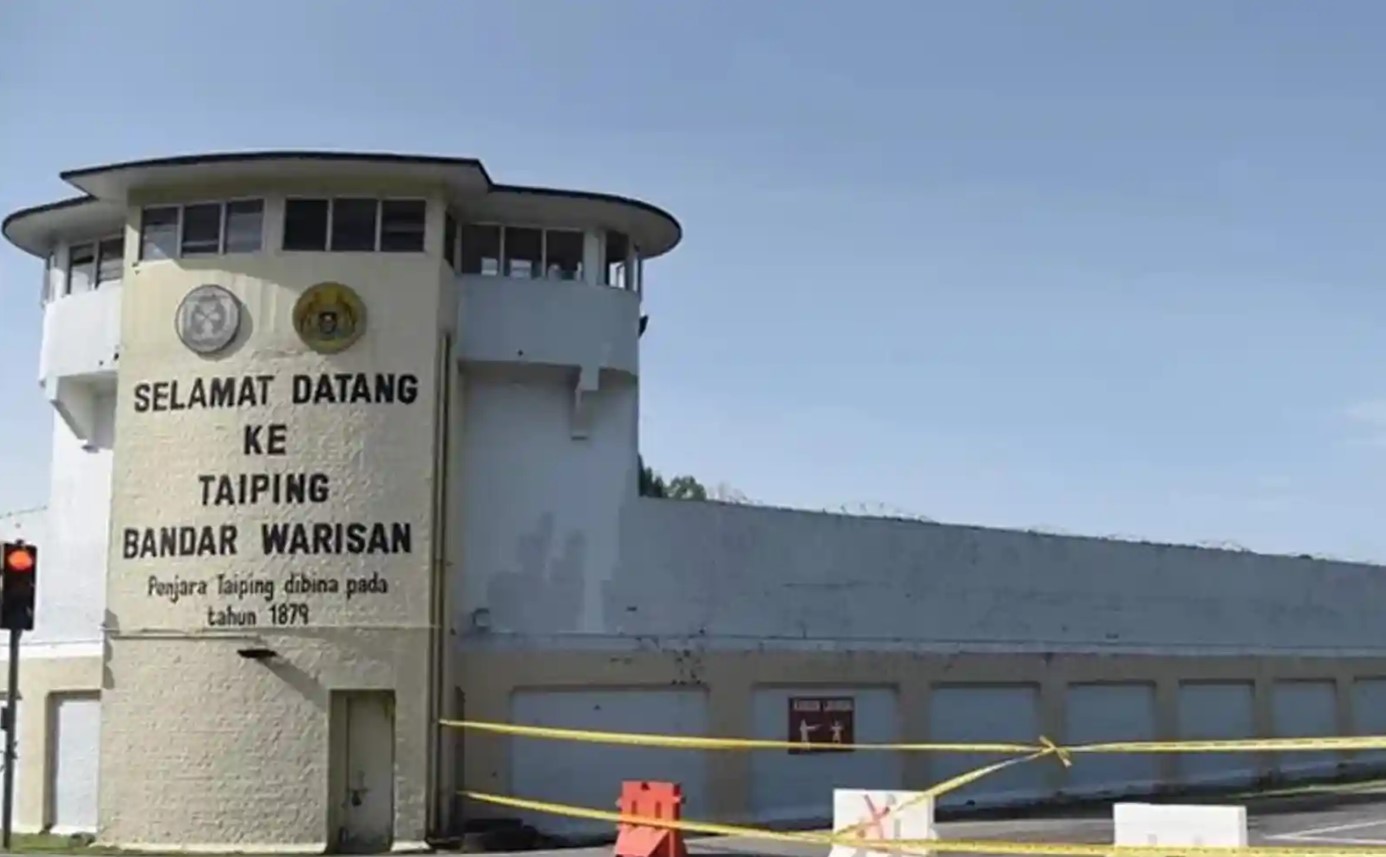AN MCA leader has echoed the Malaysian Bar’s recent call for a comprehensive reform plan for the country’s prison system, saying human rights protection must be upheld, even for inmates.
Prison reforms, said its information chief Chan Quin Er, are not something to be feared as they strengthen the justice system by ensuring fair treatment for all inmates.
“While an investigation into the inmate’s death in Perak is ongoing, MCA supports the Malaysian Bar’s call for more robust reform to prevent further tragedies,” she stated.
“This is not about excusing their crimes, but ensuring their right to life is safeguarded, particularly for those imprisoned for minor offences, such as petty theft.”
On Feb 3, the Malaysian Bar has repeated its call for systemic prison reform, including allowing non-violent offenders to serve in rehabilitation programmes, following the alleged assault of more than 100 prisoners in Taiping.
Malaysian Bar president Ezri Abdul Wahab said alternative sentencing mechanisms such as this would reduce the strain on the prison system.
Overburdened prison system
At the heart of these reforms is the need to alleviate the strain on the country’s overburdened prison system.
The Malaysian Bar has suggested measures such as the wider implementation of Compulsory Attendance Orders (CAOs) under the Offenders Compulsory Attendance Act 1954.
By establishing more Compulsory Attendance Centres across the country, non-violent offenders could undergo structured rehabilitation programs instead of being incarcerated in overcrowded, under-resourced prisons.
“With this focus on reform, it is important for government and authoritative bodies to act now to address and rectify the areas that require urgent attention,” Chan remarked.
“Overcrowding in correctional facilities continues to be a major issue, increasing tensions, stretching resources, and compromising inmate safety.”
In this context, staff training and accountability must be improved, where correctional officers must receive training in areas such as de-escalation, conflict resolution, mental health awareness, and anti-bias education. Officers should also be held accountable for unethical behaviour or abuse.
“There is also the issue of bad prison conditions. Overcrowding, inadequate healthcare, and unsanitary living conditions contribute to harsh and inhumane environments,” Chan pointed out.
“Improving these conditions would benefit both the mental and physical well-being of prisoners, enhancing their rehabilitation prospects. This is but a small step to ensure the overall health of inmates.”
She said another key step is to focus on rehabilitation over punishment, where offering job training, education, therapy and addiction treatment to prisoners would aid their successful reintegration into society.
Chan suggested that mental health services must also be expanded as many incarcerated individuals suffer from mental health issues. Adequate mental health care in prisons is essential to address underlying problems and reduce recidivism.
“In our country, full of different cultures and diversity, addressing racial disparities in the criminal justice system is critical. Reform should tackle systemic biases, including racial profiling, sentencing disparities, and unequal access to legal representation,” she added.
“Measures should include diversifying the judicial and law enforcement workforce and implementing bias training.”
It was reported last Thursday that federal police had taken over the investigation into the recent alleged assault of Taiping prison inmates by officers which purportedly led to the death of one prisoner.
There were claims that more than 60 prison wardens had assaulted more than 100 prisoners at the prison. – Feb 4, 2025









